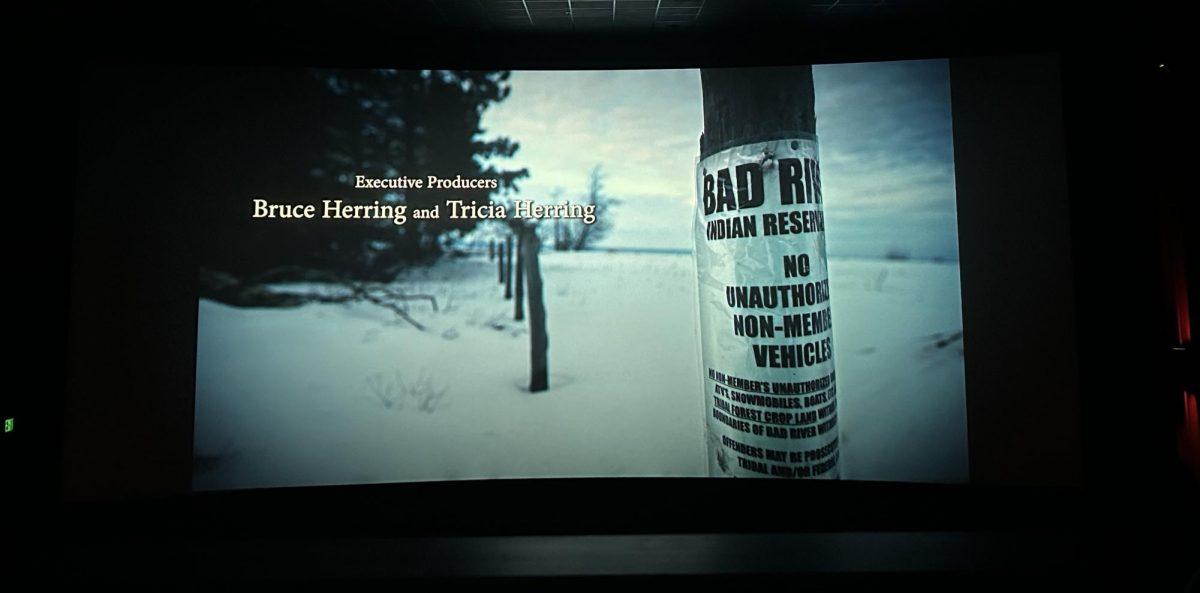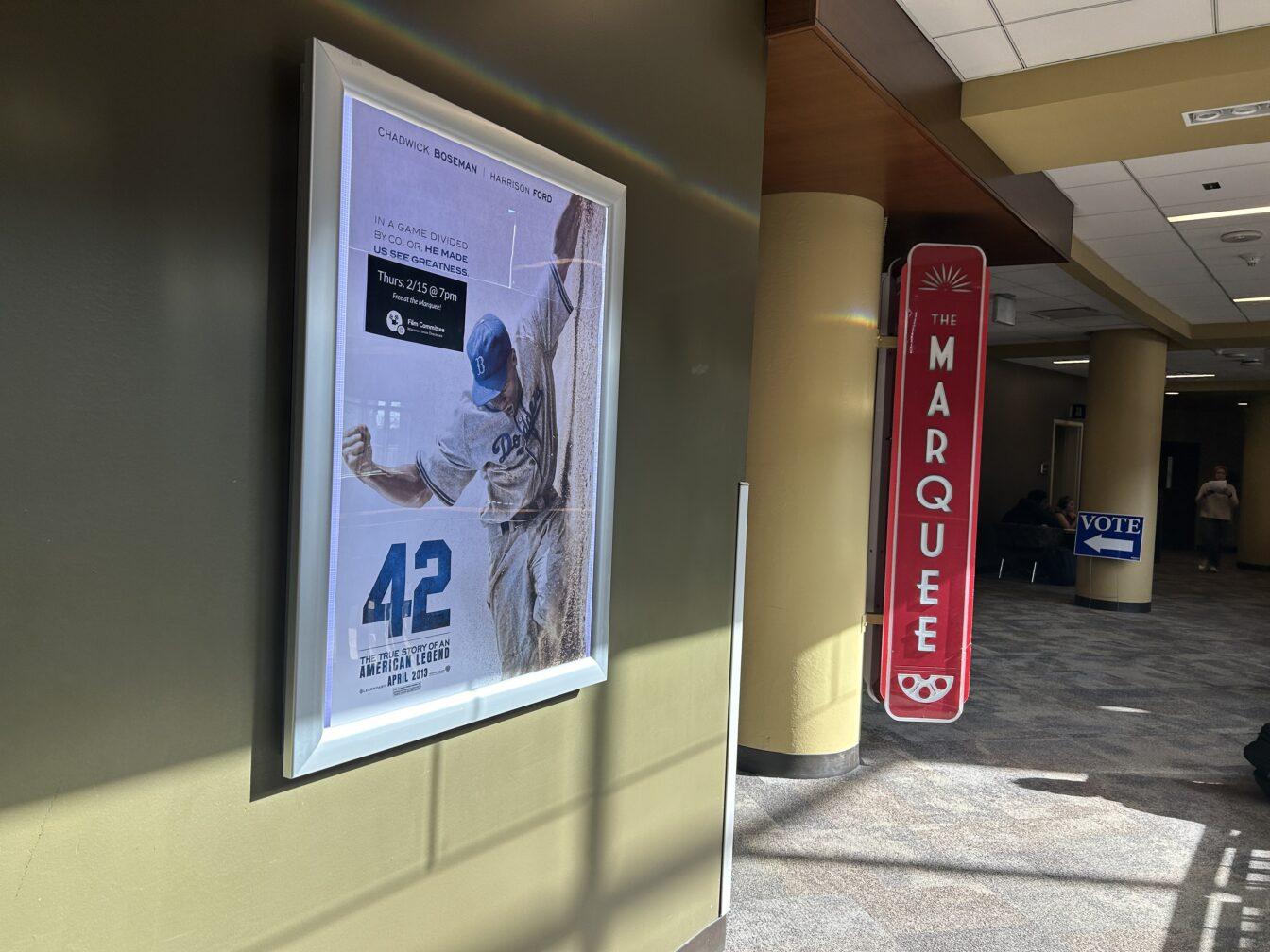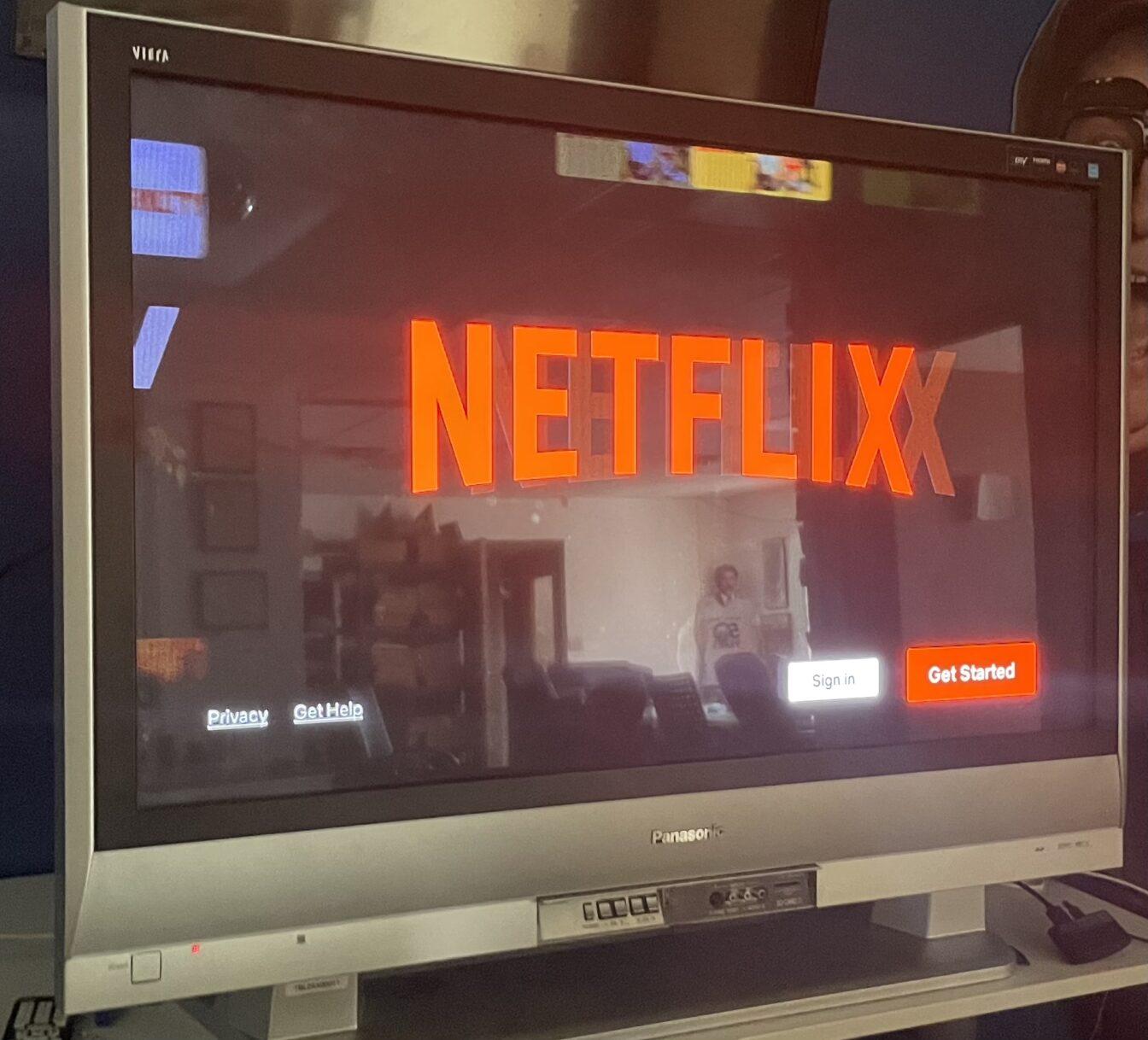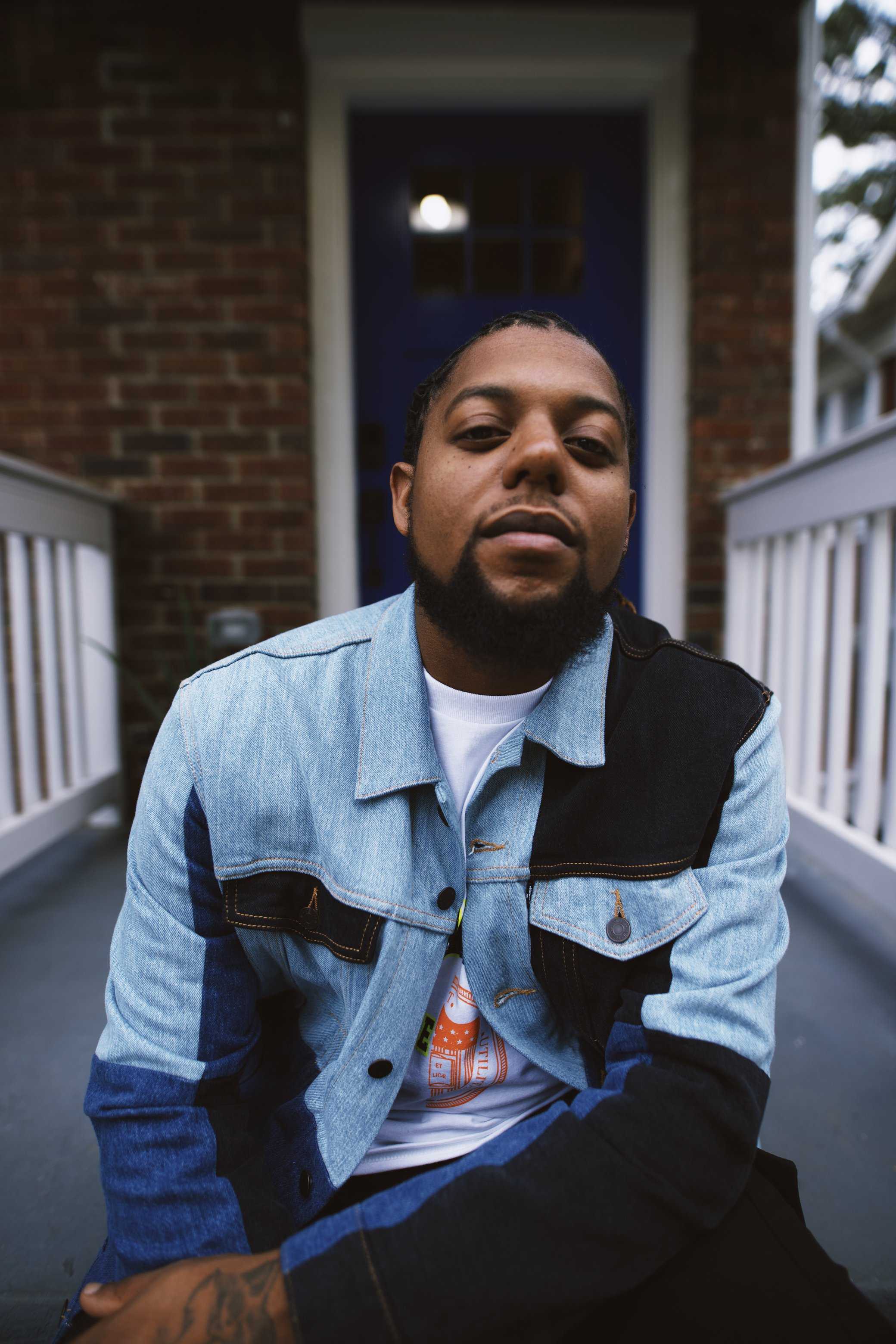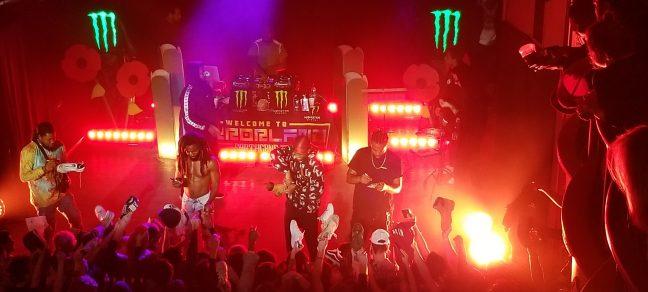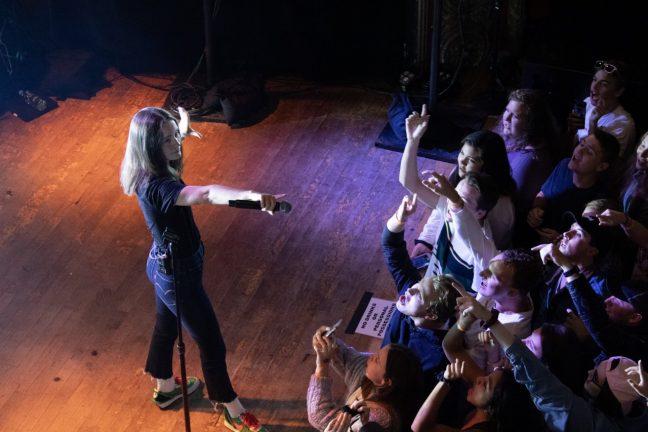[media-credit name=’Photo courtesy of The Weinstein Company’ align=’alignnone’ width=’648′] [/media-credit]
[/media-credit]
Lee Daniel’s “The Butler” is a sort of “feel-good” account of the civil rights movement. It is a highly fictionalized, idealized version of a true story involving a black butler who goes from indentured servitude as a child on a cotton farm to a job as a White House butler who serves eight different presidents. The title role of Cecil Gaines is played with quiet, earnest dignity by Forest Whitaker (“Pawn”). He holds together a laundry list of cameos, from Robin Williams (“The Big Wedding”) as Eisenhower to Alan Rickman (“Gambit”) as Reagan. It follows Whitaker’s view from the sidelines of each defining moment in the civil rights movement, while studying the relationship between him and his son, a revolutionary at the forefront of most key historical protests.
“The Butler” covers one of the most controversial sagas in America’s history, yet allows for no controversy. It is an entertaining, heartfelt movie. Viewers can expect next to no surprises. Events are presented as they happened, and unless your bookmark in your high school American history textbook was drool, none will come as a shock. In many ways, this movie acts as a sort of Cliff Notes version of the civil rights movement, a replacement for each week of American history reading. It is dressed up and made more personal via family dynamics and Oval Office drama. It was made to appeal to a wider audience, to educate without taking anyone out of their comfort zone, or as much of one as there can be when compacting 50 years of oppression into two hours.
The film is given a face (or two) by tracking the relationship between Cecil, whose job it is to fade into the background, and his eldest son, Louis, a radical inserted in the front row of just about every key civil rights movement. Cecil and Louis are foils for one another: Cecil is satisfied with a job well done and a napkin well folded, while Louis is dissatisfied by every protest he leads. The audience is hit over the head with this juxtaposition; scenes cut between the two men without subtlety. It is a lopsided addition to the film. Daniels cannot decide whether the film is a history of the civil rights movement with a human component or a father-son drama with the movement as a backdrop. The saving grace is the addition of Cecil’s wife, played by Oprah Winfrey (“The Princess and the Frog”). Emotionally unstable, highly vulnerable, yet fiercely loyal (mostly), she embodies the tension and backlash experienced by everyone caught in the middle of the political turmoil.
Daniel’s lack of subtlety extends to the film’s visual effects as well. Emotional responses are served up as though they lie on Cecil’s silver platters. Highly violent, powerful moments in history such as the Freedom Rider’s run-in with the Ku Klux Klan are extensively manipulated. Riot sounds are replaced with music, and in moments where raw footage would have been most powerful, special effects abound. Conversely, the use of real film footage is placed at random, with no real purpose. The clips serve as markers of time, not as reminders that these horrors happened.
“The Butler” is not a bad film, nor is it difficult or controversial. It is a dalliance in complicated issues with some excellent acting, enough famous cameos to fill a museum and rather formulaic direction. It will not leave you challenged, but it will leave you satisfied. Like Cecil, it quietly follows the rules, gets the job done and makes sure nothing is unexpected.
3 out of 5 stars










